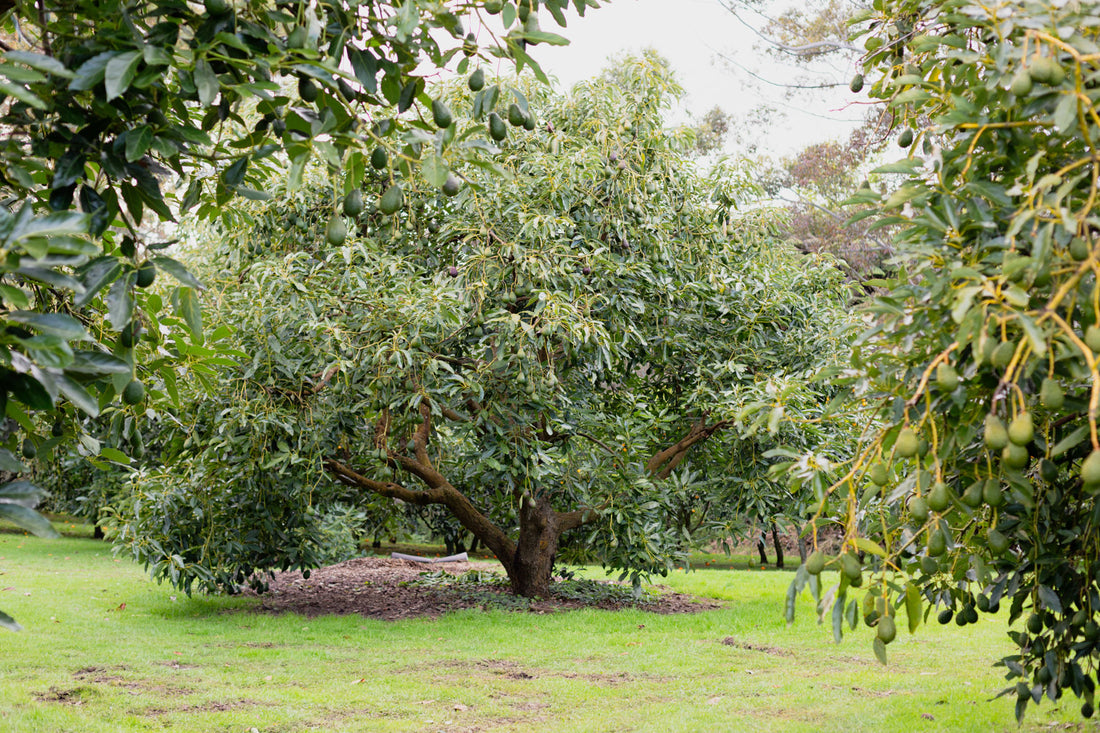Not particularly noticeable, but the first change of season for the new year has greeted us, as avocado growers start to turn their attention away from harvest operations and towards orchard management and tree health.
Up until the end of "Summer"(February 28th, 2023), Katikati has recorded 1,329mm of rain since the start of September. In comparison, for the same period last year Katikati had 604mm. The six-month period saw a wet pollination period and a disrupted export harvest schedule, affecting all in the industry more than initially thought.
Concluding harvest operations, orchard owners are counting their coins; those who have late crops will reap the benefits of an exaggerated price, while others will be focusing on optimising productivity for another year. With the accumulated rainfall we have experienced, high on the priority list should be injecting; a tree trunk injection treatment method that is precise, highly effective and a practical method for controlling Phytophthora root rot in avocado trees.
Avocado trees are highly susceptible to Phytophthora root rot, a disease caused by the soil-borne pathogen Phytophthora cinnamomi. The pathogen is known to survive for many years in moist soil, and it is evident that moisture is a key factor in the establishment, spread and longevity of phytophthora. Additionally, disease development is enhanced after heavy rain and in waterlogged soils. Once a tree is infected, the disease can cause extensive damage to the root system, leading to reduced uptake of water and nutrients, and a weakened tree that is more susceptible to other diseases and pests. This can result in reduced yield, poor fruit quality, and even tree death.
The most effective way to control Phytophthora root rot in avocado orchards is with tree trunk injection treatments. Tree trunk injection delivers substances directly into a tree's vascular system, ensuring that the substance reaches the intended target quickly and accurately. This method also minimizes the risk of drift or run-off, particularly important for growers who are committed to environmentally sustainable practices and wish to avoid the use of broad-spectrum fungicides.
Research has shown that tree trunk injection with fungicides such as phosphite can provide long-lasting protection against Phytophthora root rot in avocado trees. The fungicide is translocated throughout the tree, including to the roots, where it can provide ongoing protection against the Phytophthora cinnamomi pathogen.
Trunk injection treatments are easy to apply and can be done by growers themselves using a trunk injection syringe. This makes them a cost-effective and practical option for growers, particularly those with smaller orchards or on restricted budgets.
Given the substantial rainfall New Zealand avocado regions have experienced in the last 6 months, growers need to take proactive measures to protect their trees against Phytophthora. Phytophthora is a serious threat to New Zealand avocado orchards. By injecting trees with fungicides such as phosphite, growers can provide ongoing protection against the pathogen, leading to increased yields, improved fruit quality, and a more sustainable avocado industry in New Zealand.

